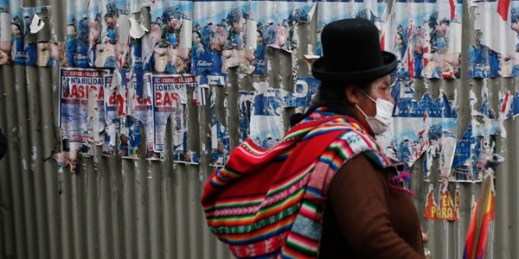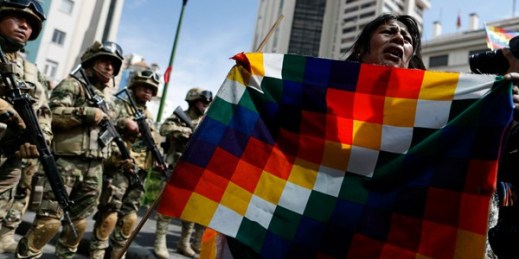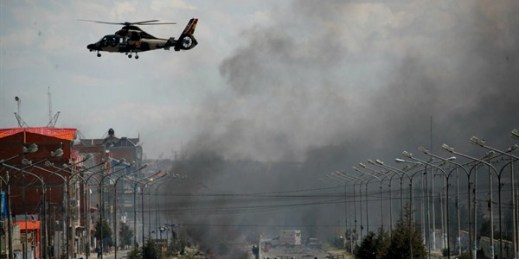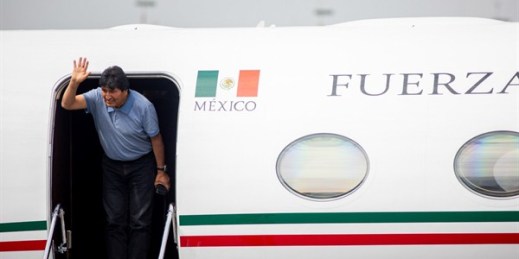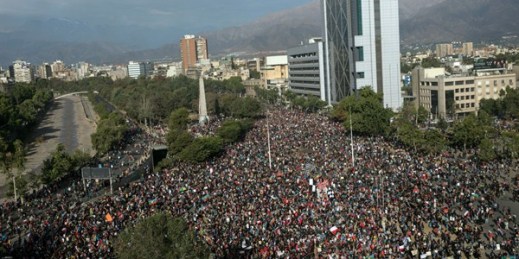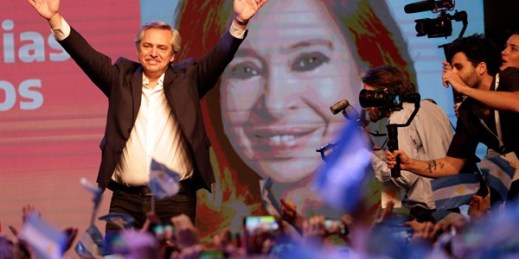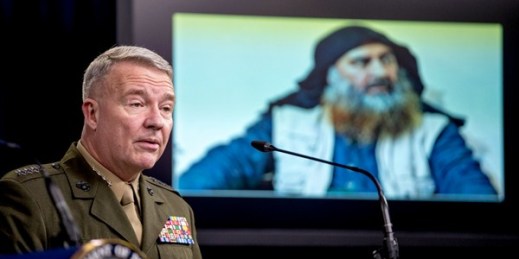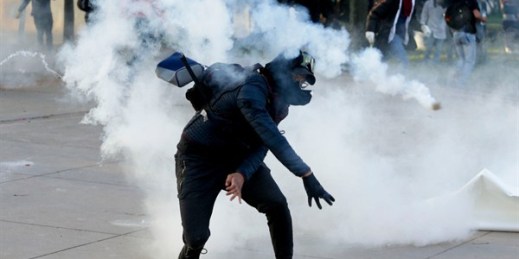
Making sense of the world these days can be daunting. Across a swath of wildly disparate countries in the Middle East and South America, popular protests have shaken the foundations of both democratic governments and dictatorships alike. Western democracies haven’t been immune to these systemic shocks, ranging from resurgent—and in some cases triumphant—populist movements to repeatedly inconclusive elections and precarious governing coalitions. All this upheaval has called into question the tenets of the liberal international order that have guided global elites and policymakers over the past three decades. At first glance, it would seem we have entered a new historical […]

